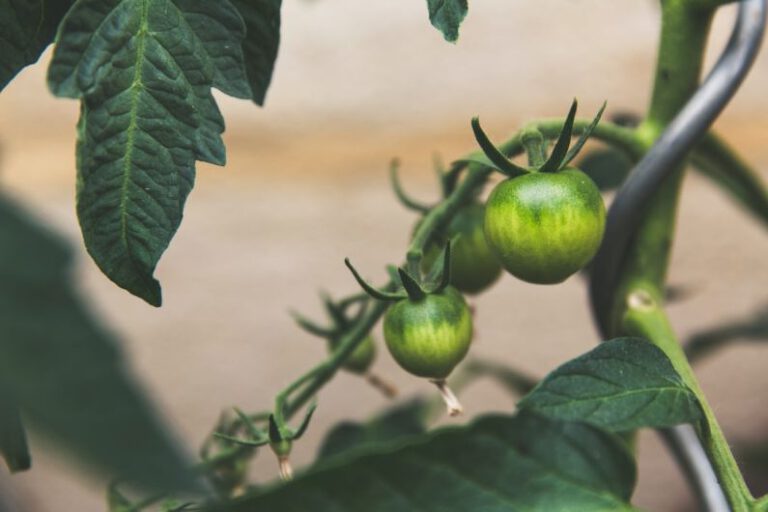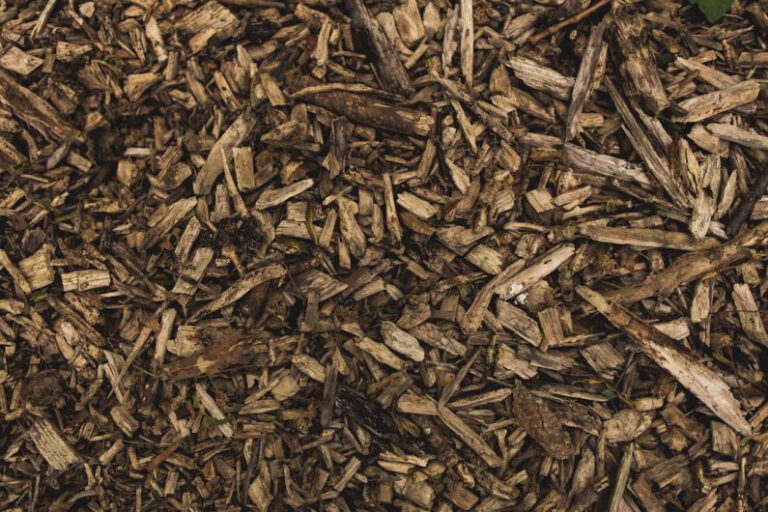Why Should You Consider Growing Native Plants?
When it comes to gardening, many people opt for exotic plants that add a touch of glamour to their outdoor spaces. However, there is a growing trend among gardeners to shift towards growing native plants. Native plants are those that naturally occur in a particular region and have evolved to thrive in its specific climate and soil conditions. There are numerous reasons why you should consider growing native plants in your garden. Let’s explore some of them.
Preserving Biodiversity
One of the most compelling reasons to grow native plants is to help preserve biodiversity. Native plants play a crucial role in supporting local ecosystems by providing food and habitat for native wildlife, including birds, butterflies, and bees. These plants have evolved together with local wildlife, creating a symbiotic relationship that is essential for the health and survival of both. By growing native plants, you can contribute to maintaining the delicate balance of your local ecosystem and help protect endangered species.
Lower Maintenance
Another advantage of native plants is their lower maintenance requirements. Since they are well-adapted to the local climate and soil conditions, they are naturally more resilient to pests, diseases, and extreme weather conditions. This means that native plants require less water, fertilizers, and pesticides compared to exotic plants. By choosing native plants for your garden, you can save both time and money on maintenance tasks and contribute to sustainable gardening practices.
Water Conservation
Water scarcity is a pressing issue in many parts of the world. As gardeners, we can play a role in conserving water by growing native plants. Native plants have evolved to survive with the amount of rainfall that naturally occurs in their region. They have deep root systems that can absorb and retain water, making them more drought-tolerant. By incorporating native plants into your garden, you can reduce the need for excessive watering and help conserve this precious resource.
Improved Soil Health
Exotic plants often require specific soil conditions and amendments to thrive. On the other hand, native plants are adapted to the local soil composition. Their deep root systems help improve soil structure, prevent erosion, and promote nutrient cycling. By growing native plants, you can enhance the health and fertility of your soil, creating a more sustainable and resilient garden.
Preserving Cultural Heritage
Native plants are not only valuable from an ecological perspective, but they also carry cultural significance. They have been used by indigenous communities for centuries for food, medicine, and other purposes. By growing native plants, you can help preserve cultural heritage and support the traditional knowledge of these communities. It is a way to connect with the land and its history, adding a deeper sense of meaning to your gardening experience.
Conclusion: Embracing Native Plants
In conclusion, growing native plants in your garden is a wise choice for several reasons. They support biodiversity, require less maintenance, conserve water, improve soil health, and preserve cultural heritage. By embracing native plants, you can create a beautiful and sustainable garden that benefits both the environment and your local community. So, why not consider growing native plants and make a positive impact on your surroundings?






